Cabinet Papers 2002: Declassified national security show Australia wary of troop commitment in Afghanistan
Declassified national security committee documents reveal that in June of 2002, Defence argued it was ‘not in a position to contribute’ to UN force in Afghanistan.
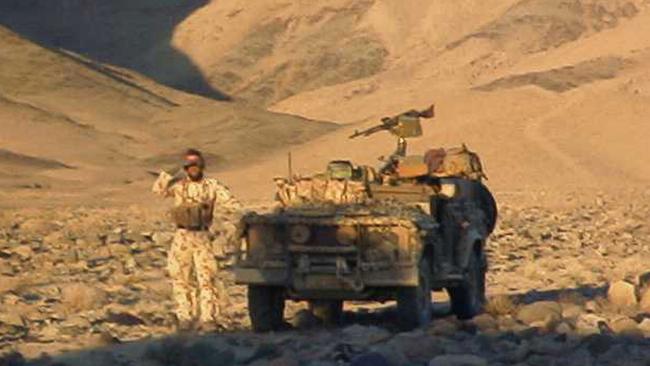
The Howard government cabinet was cautious in 2002 on the prospect of a major military commitment to Afghanistan beyond the deployment of special forces to the country in support of the US-led War on Terror.
Declassified national security committee documents reveal that in June of 2002, Defence argued it was “not in a position to contribute” to the UN-mandated International Security Assistance Force in the country.
Noting the “high operational tempo” of Australian SAS deployments to the country, it said there might be scope for a “modest gesture of support” in the form of de-mining trainers or medical personnel.
CABINET PAPERS 2002
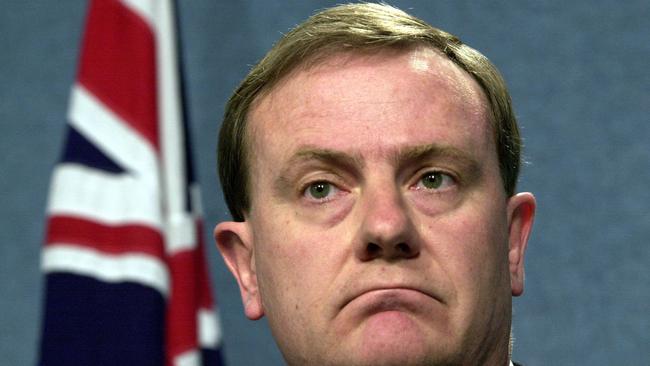
‘Advantage lost’: Costello slams inaction on debt
Twenty years after warning cabinet of significant future budget pressures, former Treasurer Peter Costello says the fiscal and debt position of the nation is far worse than it needed to be.
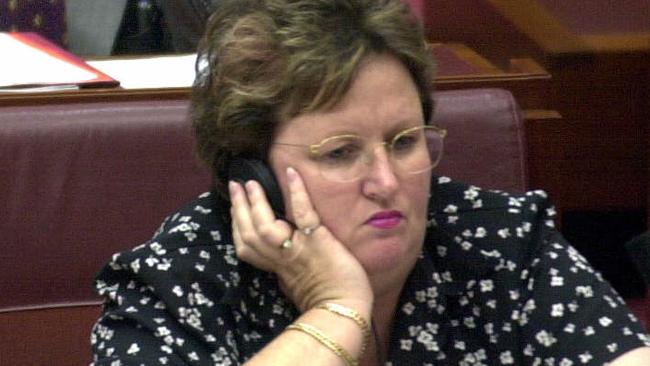
‘I don’t have time for egomaniacs who take notes’
Amanda Vanstone lifts the lid on her time in cabinet, including her dealings with John Howard and disdain for ministers more concerned with publishing memoirs than serving the community.
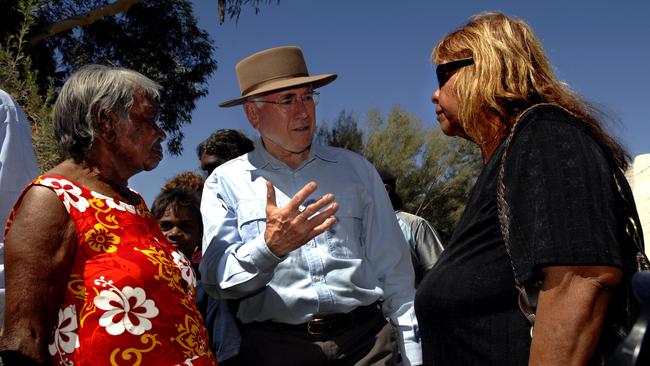
Why Howard government refused to say sorry
Fears that present day Australians would be held responsible for atrocities of the past were behind the Howard government’s refusal to apologise to Indigenous Australians in 2002.
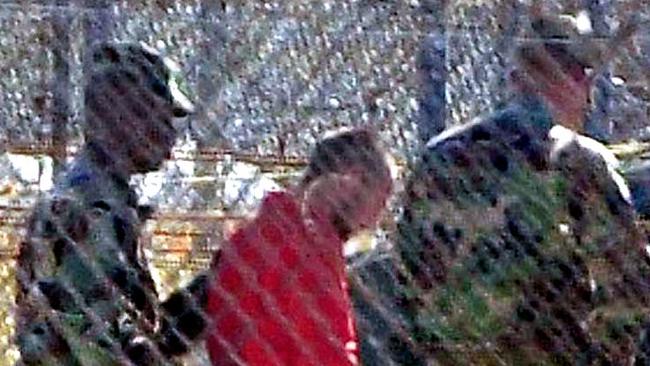
Hicks’ Guantanamo detention ‘lawful’, government ruled
Australian and US governments agreed on the need for a ‘consistent public position’ on Guantanamo detainee David Hicks, cabinet minutes from February 2002 reveal.
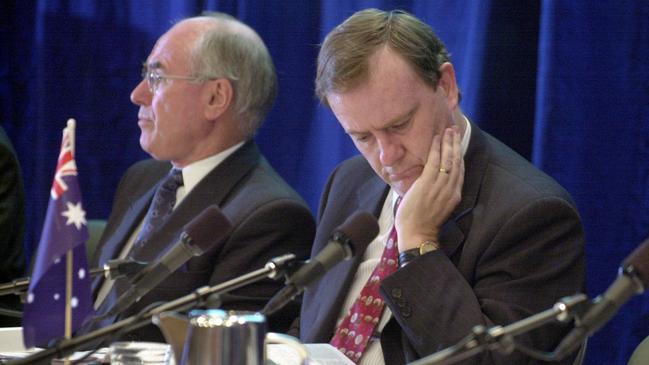
‘Why we never ratified Kyoto was beyond me’: Costello
Peter Costello laments rejection of 1997 Kyoto Protocol as cabinet documents from 2002 reveal Treasury argued for incentives to invest in cleaner energy.
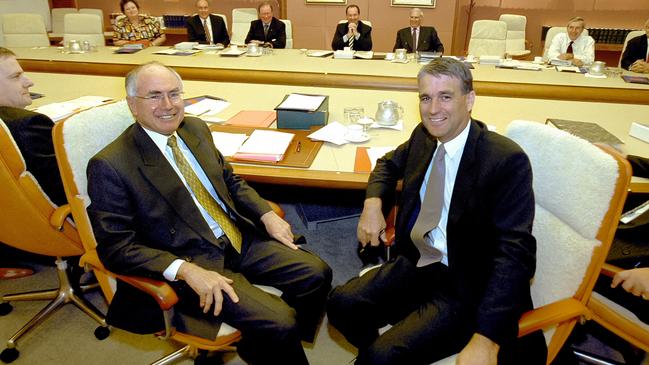
Howard warns on ‘reform fatigue’
John Howard and Peter Costello urge major parties to prioritise deficit and debt reduction to protect the nation from the next major economic shock.
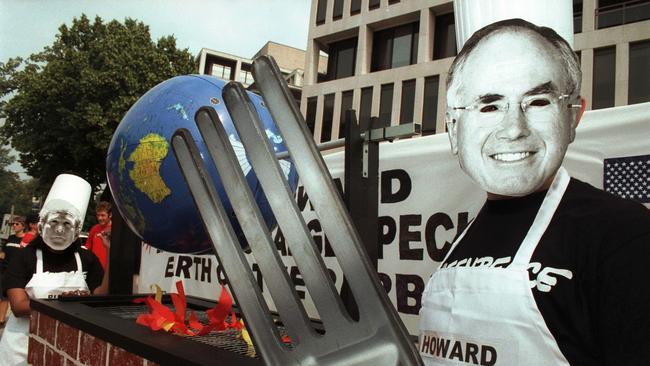
How Kyoto rejection kickstarted the climate wars
Concerns the Kyoto protocol would ‘risk Australia’s competitive advantage in emissions-intensive activities’ were one reason behind Howard government’s refusal to ratify the agreement.
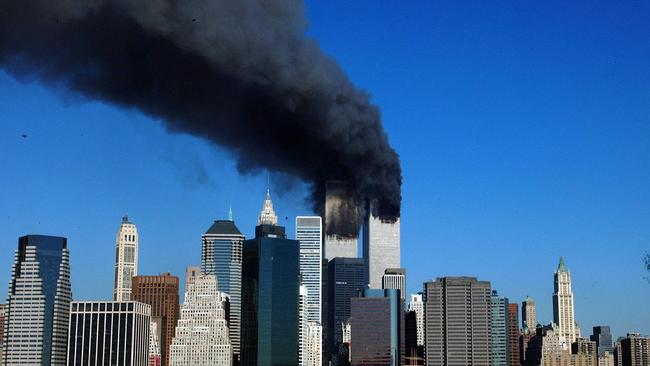
Frustration over new security laws post-9/11
The Department of Prime Minister and Cabinet feared its inability to get state agreement on contentious new security measures in the wake of September 11.
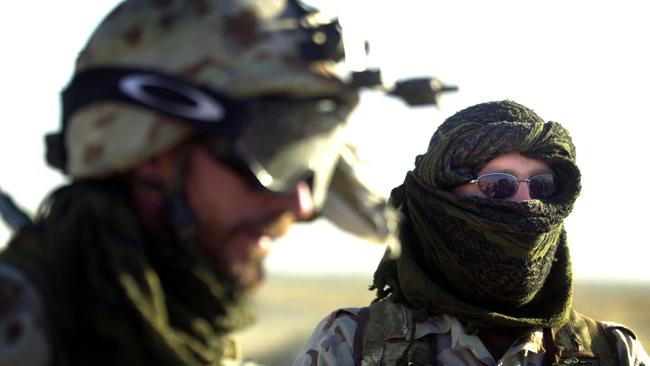
How 9/11, Bali bombings changed our military
With the threat of terrorism looming large, the Howard government created a national special forces command to ensure ‘surgical’ military responses.
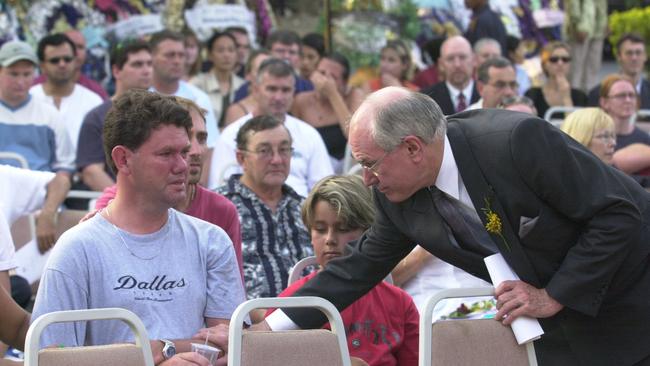
Release of Bali bombmaker ‘regrettable’
Former PM sympathises with victims and relatives over early release from jail of Bali bombmaker Umar Patek.
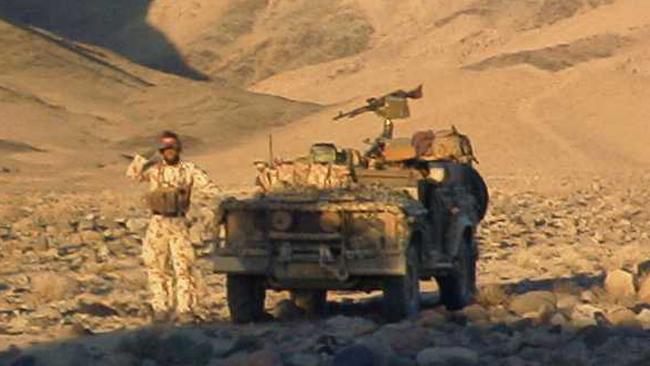
Australia wary of Afghanistan troop commitment
Declassified national security committee documents reveal that in June of 2002, Defence argued it was ‘not in a position to contribute’ to UN force in Afghanistan.
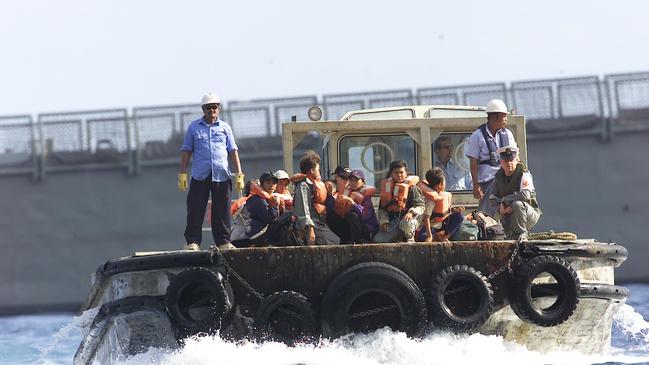
Christmas Island detention centre’s fast-tracking revealed
The Howard government fast-tracked plans to build the first ‘purpose-designed and built’ offshore detention centre controlled by Australia in 2002.
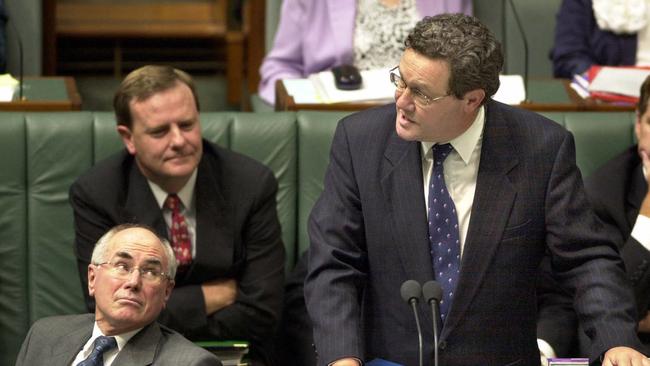
Timor Sea Treaty negotiations to be kept under wraps
Disclosure of details on joint resource-sharing agreement between East Timor and Australia would “damage security”, National Archives rules.
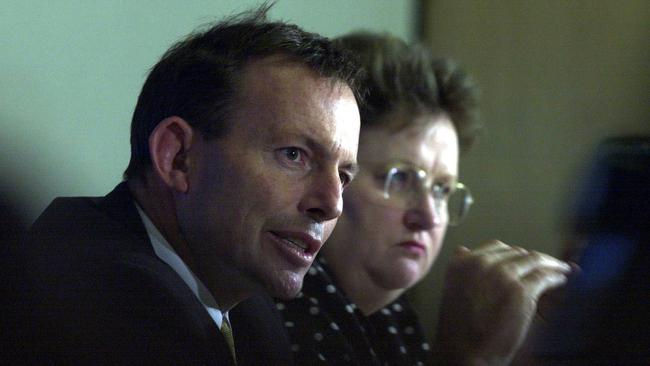
Push to restrain growth of disability pension
Concerns over ‘inappropriate access’ to the Disability Support Pension prompted Howard government to introduce measures to reduce number of recipients, cabinet papers from 2002 reveal.
The committee agreed to consider “fully costed options for a modest ADF specialist contribution to ISAF”, as long as it would “not raise a presumption that Australia was prepared to make a significant military commitment to peacekeeping in Afghanistan”.
But a later national security minute, in September, reveals the government was “disinclined to contribute financially or otherwise to ISAF”.
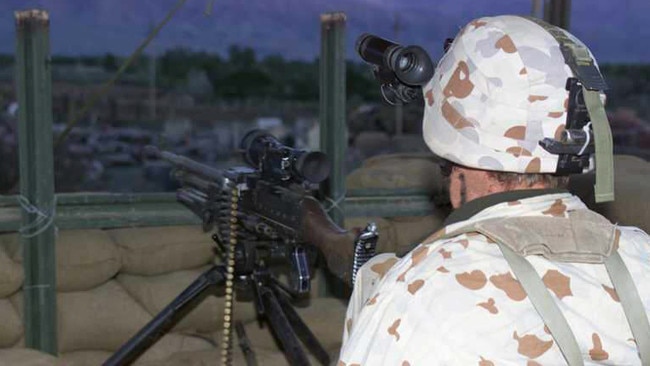
It said the option of sending an Australian medical team had been “overtaken by events” with the arrival of a Korean team, and that “the high operational threat environment” made the provision of support to the Afghan National Army a “high risk endeavour”.
About 30,000 Australian troops went on to serve in Afghanistan over two decades, making it Australia’s longest war, with 41 killed there.
There was little evidence in the 2002 cabinet documents of the ADF’s future deployment to Iraq the following year.
In August 2002, US Vice President Dick Cheney said Saddam Hussein’s nuclear ambitions presented “a mortal threat” to America.
Less than a month later, cabinet noted an “oral report” by Prime Minister John Howard “on the American position in relation to efforts by Iraq to secure and maintain weapons of mass destruction”.
The cabinet “noted that the United States intended to make appropriate use of United Nations forums and processes in seeking to resolve the issue”.
The US and UK later invaded Iraq, in the absence of a UN mandate, with the support of 2000 Australian personnel.




To join the conversation, please log in. Don't have an account? Register
Join the conversation, you are commenting as Logout